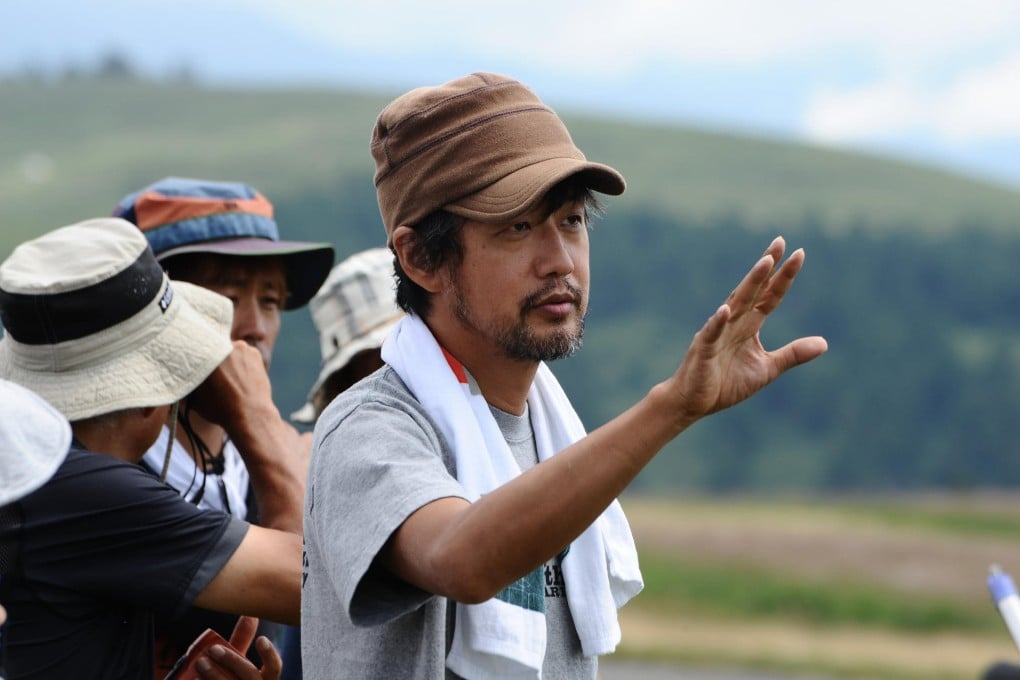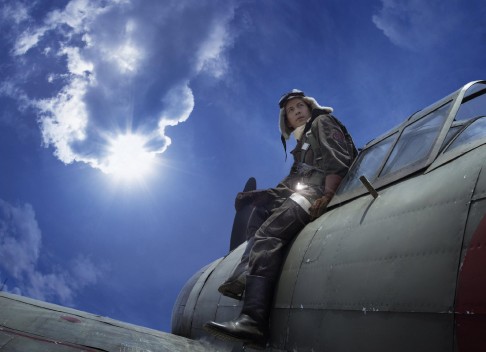Flights of fancy - box office smash The Eternal Zero reopens old wounds in Japan with its take on wartime kamikaze pilots
Box-office smash The Eternal Zero reopens old wounds in Japan with its take on wartime kamikaze pilots, writes Mark Schilling

Based on a best-selling novel by Naoki Hyakuta about the pilots of the famed Mitsubishi A6M Zero fighter plane used in the second world war, Takashi Yamazaki's The Eternal Zero has soared at the box office in Japan, earning nearly US$84 million since its December 21, 2013, release - the second highest box office total of any film for the year to date.
The Eternal Zero has inspired controversy, however, with master animator Hayao Miyazaki publicly blasting Hyakuta's novel as a "pack of lies" and Yamazaki's film for propagating "a phony myth" about Zero fighter pilots. Ironically, the Studio Ghibli doyen's latest and last film as a director, The Wind Rises, is loosely based on the life of Zero fighter designer Jiro Horikoshi.
The film depicts the war as a complete tragedy, so how can you say it glorifies war?
One reason for the uproar is that the pilot hero (played by J-pop singer and actor Junichi Okada) volunteers for one of the kamikaze suicide squadrons flying one-way missions in the closing days of the second world war. Over the decades, the kamikaze pilots have become objects of veneration for Japanese rightwingers, while their leftist opponents view this sympathy as suspect, since it is not matched by similar sentiments for the Japanese military's many war victims.
Another is that Hyakuta, an avowed nationalist, made headlines early this year with his revisionist pronouncements that the Nanjing Massacre "never happened" and that the postwar Tokyo Trials of Japanese war criminals were a "cover up for America's own atrocities," including the atomic bombings of Hiroshima and Nagasaki.
But Yamazaki, whose long string of hit films includes the warmly nostalgic Always: Sunset on Third Street trilogy along with 2010 live-action sci-fi fantasy Space Battleship Yamato, describes The Eternal Zero - whose title refers to the Zero plane deployed by the Japanese military during the second world war - as less of a war film than "a love story," with the hero, Kyuzo Miyabe (Okada), vowing to return alive to his young wife (Mao Inoue) and young child.

At the same time, Yamazaki admits that The Eternal Zero falls squarely in the "war movie" category. "In Japan, the box office limit for war movies is about US$15 million, but I thought that if we tried hard we could do better than that," he says. "Even so, I never expected it to become such a hit," he adds with a laugh.